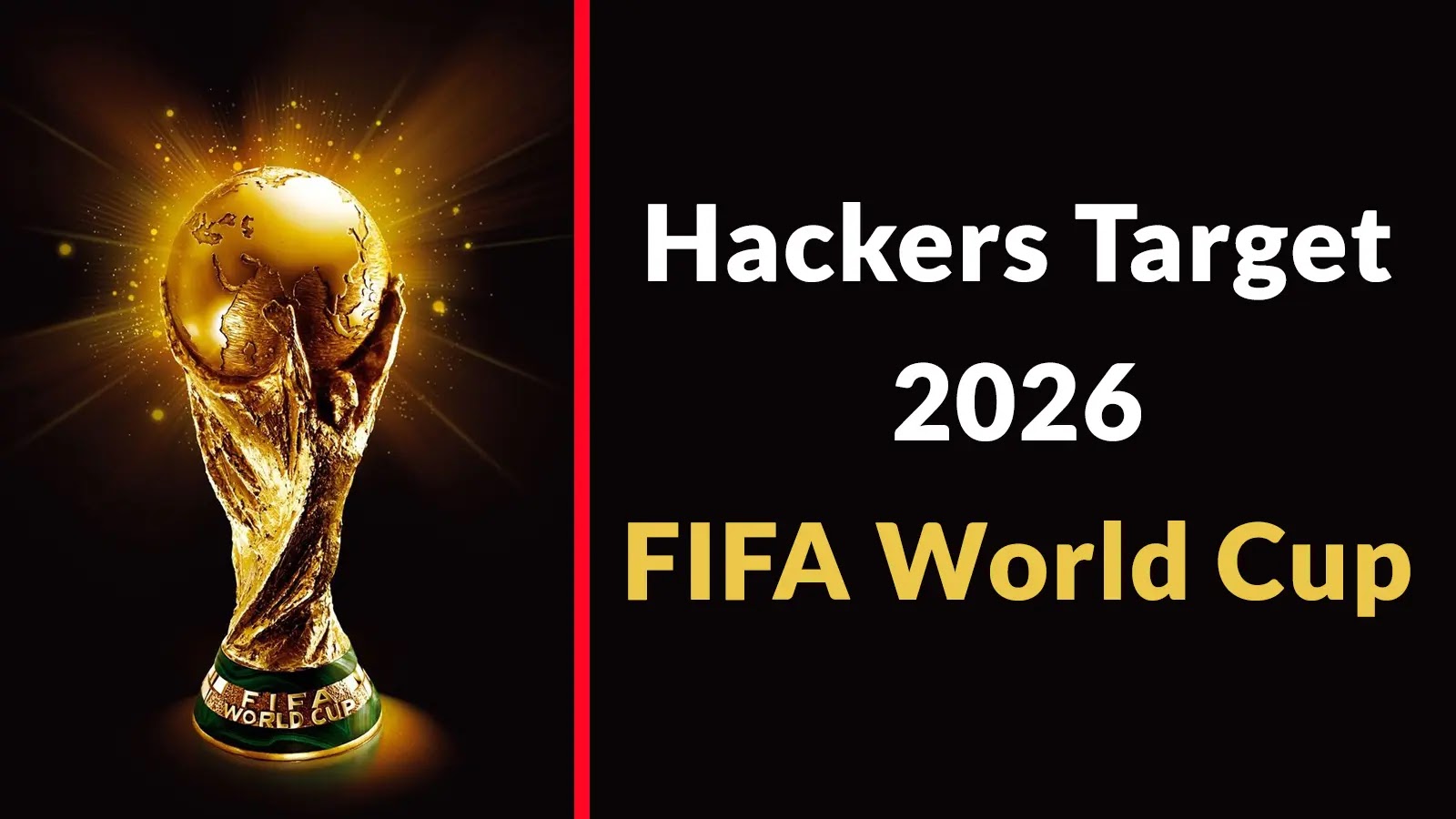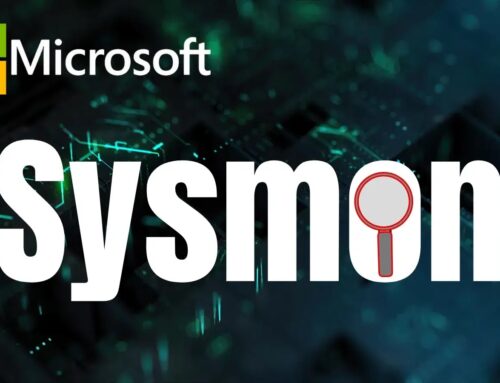
Hackers Registering Domains to Launch Cyberattack Targeting 2026 FIFA World Cup Tournament
The Looming Cyber Threat to the 2026 FIFA World Cup: A Proactive Analysis
The 2026 FIFA World Cup™ is set to be a global spectacle, drawing billions of viewers and participants. However, with grand events come grand security challenges. Our analysis reveals a significant and escalating threat: cybercriminals are already registering numerous domains to orchestrate sophisticated attacks targeting the tournament. This proactive measure by threat actors indicates a concerted effort to capitalize on the widespread excitement and trust surrounding this monumental event, posing a severe risk to fans, sponsors, and official entities.
Anatomy of the Pre-Emptive Cyber Campaign
Security researchers have observed an unprecedented surge in domain registrations closely tied to the upcoming 2026 FIFA World Cup. These domains are not benign; they are meticulously crafted to masquerade as legitimate entities. Common deceptive fronts include:
- Ticketing Portals: Mimicking official ticket vendors to phish credentials and financial information.
- Merchandise Outlets: Advertising fake merchandise with the intent to collect payment details or distribute counterfeit goods.
- Live-Stream Platforms: Promising free access to matches while actually serving malware or redirecting users to malicious sites.
- Fan Engagement Hubs: Creating seemingly authentic forums or news sites to spread misinformation or link to malicious content.
Each of these deceptive domains serves as a precursor to a multifaceted cyber campaign designed for credential harvesting, malware distribution, and financial data exfiltration. The sheer volume and early registration of these domains suggest a well-planned, long-term strategy by threat actors.
Tactics and Techniques Employed by Threat Actors
The cyber campaigns leveraging these spoofed domains are likely to employ a range of sophisticated tactics:
- Phishing and Spear Phishing: Emails or messages guiding users to fake login pages for ticket purchases, merchandise orders, or registration for exclusive content. These highly targeted attacks aim to steal usernames, passwords, and other sensitive personal data.
- Malware Distribution: Drive-by downloads or malicious executables disguised as “official” apps, video players, or documents. Once installed, this malware can range from infostealers to ransomware, compromising user systems and networks.
- BEC (Business Email Compromise) Scams: Targeting organizations involved in the World Cup, such as travel agencies, hospitality providers, or official partners, by impersonating key personnel to divert funds or obtain sensitive data.
- DDoS Attacks: Potentially aimed at legitimate World Cup infrastructure (e.g., ticketing sites, official broadcasting platforms) to disrupt services, extort money, or create a diversion for other cybercrime activities.
- Typo-squatting and URL Hijacking: Registering domain names that are slight misspellings of official World Cup sites to trick users who make minor typing errors.
Remediation Actions and Protective Measures
Mitigating the risks posed by these malicious domains requires a multi-layered and proactive defense strategy for individuals and organizations alike:
- For Individuals:
- Verify URLs: Always double-check the URL before clicking on links or entering credentials. Look for “https://” and valid SSL certificates.
- Source Authenticity: Only purchase tickets, merchandise, or access streams from official, verified sources directly linked from FIFA’s official website.
- Strong Passwords and MFA: Utilize strong, unique passwords for all online accounts and enable multi-factor authentication (MFA) whenever possible.
- Software Updates: Keep operating systems, browsers, and antivirus software updated to patch known vulnerabilities. For instance, promptly address browser vulnerabilities like those associated with CVE-2023-4863 which could facilitate malicious redirects.
- Be Wary of Urgent Appeals: Exercise caution with emails or messages that create a false sense of urgency or offer implausible deals.
- For Organizations:
- Domain Monitoring: Proactively monitor newly registered domains that use World Cup-related keywords or resemble official names. Tools like domain monitoring services can identify potential threats early.
- Employee Training: Conduct regular cybersecurity awareness training to educate staff about phishing, social engineering tactics, and the importance of verifying unexpected requests.
- Incident Response Plan: Develop and regularly test a robust incident response plan to quickly identify, contain, and recover from cyberattacks.
- Perimeter Security: Implement robust network security measures, including firewalls, intrusion detection/prevention systems, and email filtering solutions.
- Vulnerability Management: Continuously scan and patch vulnerabilities in systems and applications. Neglecting vulnerabilities, even those as seemingly minor as certain UI rendering issues like CVE-2023-38545, can unexpectedly open doors for attackers.
Detection and Mitigation Tools
Leveraging the right tools is crucial for both individuals and organizations in defending against these evolving threats.
| Tool Name | Purpose | Link |
|---|---|---|
| DomainTools | Domain research, monitoring for brand infringement and suspicious new registrations. | https://www.domaintools.com/ |
| PhishTank | Provides and verifies data about phishing URLs. | https://www.phishtank.com/ |
| VirusTotal | Analyzes suspicious files and URLs for malware. | https://www.virustotal.com/gui/home/upload |
| Google Safe Browsing | Identifies unsafe websites and warns users. | https://safebrowsing.google.com/ |
| MFA Solutions (e.g., Duo Security, Okta) | Adds an extra layer of security to online accounts. | https://duo.com/ |
| Proofpoint, Mimecast | Advanced email security platforms for phishing and malware prevention. | https://www.proofpoint.com/ |
Conclusion: A Call for Vigilance
The early indicators of cyberattacks targeting the 2026 FIFA World Cup underline the persistent and evolving nature of cyber threats. The significant number of maliciously registered domains signals a robust, pre-meditated campaign. By understanding the tactics employed by attackers and implementing proactive security measures, both individuals and organizations can significantly reduce their risk exposure. Vigilance, verification, and robust security practices will be paramount in ensuring that the focus remains on the beautiful game, not on cybercrime.





